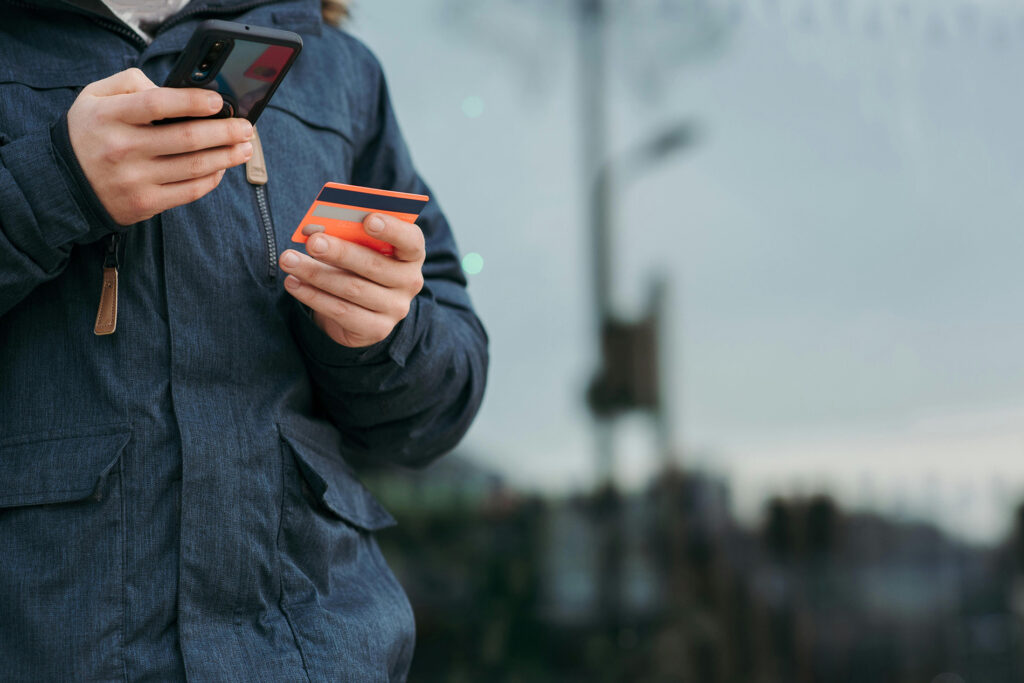When it comes to topic of scammers, there are plenty of pitfalls that businesses can fall into. From authorised push payment (APP) – or bank transfer – scams, where fraudsters are pretending to be someone else, such as a trusted organisation like your bank or HMRC, to invoice scams – where someone would pretend to be from one of your suppliers, scammers are coming up with more sophisticated ways to get their hands on your money.
In fact, and according to a newly published report by UK Finance, an estimated £1.17bn was stolen through fraud in the UK last year.
Dialling in on one method that seems to be on the rise is chargeback fraud by fake customers. So, what is chargeback fraud? This typically occurs when a customer disputes a charge intentionally in order to receive a refund, while keeping the product or service.
The customer may claim that they did not receive the product, that the product was damaged or that the transaction was unauthorised. There are different types of chargeback fraud, with this article focussing on friendly fraud, also known as cyber shoplifting, or liar-buyer fraud.
Some cases could be legitimate with faulty items or disputing authorisation, however, there can be cases where the customer receives the item and issues the chargeback intentionally to defraud the business – keeping the money and product. This type of case recently happened to independent furniture retailer Paul James Furniture Centre in Blackpool.
It started with a phone call.
“A customer recently rang us and ordered over the phone a corner suite they had seen in our shop,” the business said. “They wanted to pay over the phone by card, which went through fine. We delivered it the next day with no problem to the apartment.
“However, days later I looked at my bank statement and we had a chargeback for the amount of the suite. We called at the house and it was empty. My bank said there was nothing we could do because the customer was not present and they did not put the chip and pin number in. It left us wide open with nothing more we could do.”
The business has had several attempts since, which have all been rebuffed, but the initial case saw the company lose out, both financially and regarding stock. They have urged retailers in the furniture industry to be cautious when accepting payments over the phone to help stamp out this fraudulent activity.
For businesses that fall victim to this, and for others looking to prevent it as best they can, effective chargeback management can help dispute fraudulent chargebacks and recover lost revenue. Businesses should track chargeback data, analyse the reasons for chargebacks and dispute those that are fraudulent.
Businesses can also fight back against chargeback fraud but must supply evidence of the transaction, product details (with images if possible), proof of delivered goods and an outlay of terms and conditions. If a dispute is filed, the bank can investigate it, and if the chargeback is determined to be fraudulent, they can reverse it.
The FurniturePay way
A potential solution could be to switch to FurniturePay. Offering customers a secure and safe card transaction service, the platform keeps card transactions fraud free, but also the potential to save a business thousands of pounds on transaction fees.
FurniturePay can fully integrate a POS device(s) into the RetailSystem EPoS, meaning that the transaction gets sent directly to the POS without human intervention, which eliminates human error. Furthermore, it also makes it impossible to perform a chargeback, without authorisation, eliminating the possibility of potential fraud, while offering complete peace of mind that every transaction is secure and remains that way.


 332-699-2525
332-699-2525